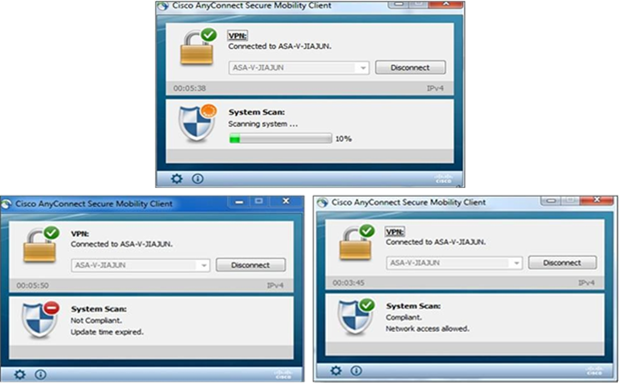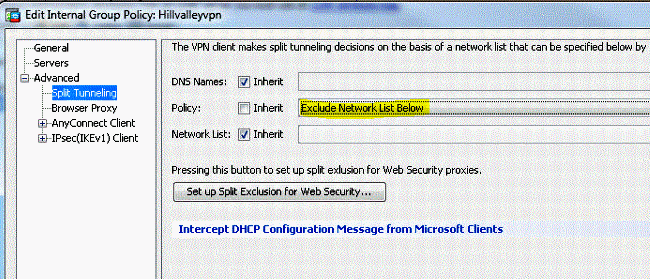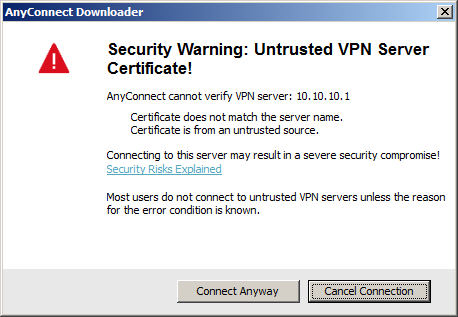Cisco Meraki’s unique auto provisioning site-to-site VPN connects branches securely, without tedious manual VPN configuration. Leveraging the power of the cloud, MX Security Appliances configure, monitor, and maintain your VPN so you don't have to.
Cisco Meraki’s unique auto provisioning site-to-site VPN connects branches securely with complete simplicity. Using IPsec over any wide area network, the MX links your branches to headquarters as well as to one another as if connected with a virtual Ethernet cable. Customers accessing or moving services to the Amazon Web Services cloud can use Auto VPN to connect directly to a virtual MX inside their Virtual Public Cloud.
Flexible tunneling, topology, and security policies Cisco Meraki’s unique auto provisioning site-to-site VPN connects branches securely, without tedious manual VPN configuration. Leveraging the power of the cloud, MX Security Appliances configure, monitor, and maintain your VPN so you don't have to.
MX Security Appliances automatically configure VPN parameters needed to establish and maintain VPN sessions. A unique cloud-enabled hole-punching and discovery mechanism enables automatic interconnection of VPN peers and routes across the WAN, and keeps them updated in dynamic IP environments. Security associations and phases, authentication, key exchanges, and security policies are all handled automatically by MX VPN peers. Site-to-site connectivity is established through a single click in the Cisco Meraki dashboard. Intuitive tools built in to the Cisco Meraki dashboard give administrators a real-time view of VPN site connectivity and health. Round trip time latency between peers and availability status information automatically keep track of all the VPN peers in the network.
Flexible tunneling, topology, and security policies
Configurations for split-tunneling and full-tunneling back to a concentrator at headquarters are fully supported and configured in a single click. Hub-and-spoke and full mesh VPN topologies give deployment flexibility, and a built-in site-to-site firewall enables custom traffic and security policies that govern the entire VPN network.


- Cisco Meraki Security Appliances can be remotely deployed in minutes using zero-touch cloud provisioning. Security settings are simple to synchronize across thousands of sites using templates. Auto VPN technology securely connects branches in.
- Cisco offers a site-to-site VPN tunnel for Cloud Email Security (CES) customers. The VPN tunnel facilitates non-SMTP services such as LDAP lookups for a recipient, log transfers (Syslog) and user authentication, RADIUS for two-factor authentication. VPN tunnel is NOT for SMTP traffic.
Cloud Managed Security Appliances
See features, specifications, and pricing for Cloud Managed Security Appliances.
Brookhaven Lab Virtual Private Network (VPN)
In order to use this service you need internet connectivity, use DUO Two-factor Authentication, and a Cisco VPN Client. This service is limited to BNL employees only.

The VPN service allows BNL employees secure remote access to the Brookhaven internal network through their own personal Internet Service Provider, so that it appears as if their home computer is right on the BNL internal network.
Service Requirements
You must have some form of high bandwidth network connectivity. Known local carriers which work with the BNL Cisco VPN service include Optimum Online, Verizon DSL and FIOS services. You should be able to connect to the BNL campus from any off-site location.

In order to utilize this service, users' must use DUO Two-factor Authentication and a properly configured VPN client software on their computer.
Cisco Vpn Anyconnect
Desktop Cisco VPN Client
The Desktop Cisco VPN Client allows remote users to securely access the Brookhaven internal network through their own personal Internet Service Provider, so that it appears as if their home computer is right on the BNL internal network.
Cisco Vpn Security Flaw
See VPN login instructions using Duo Two-factor authentication at Brookhaven Lab.

